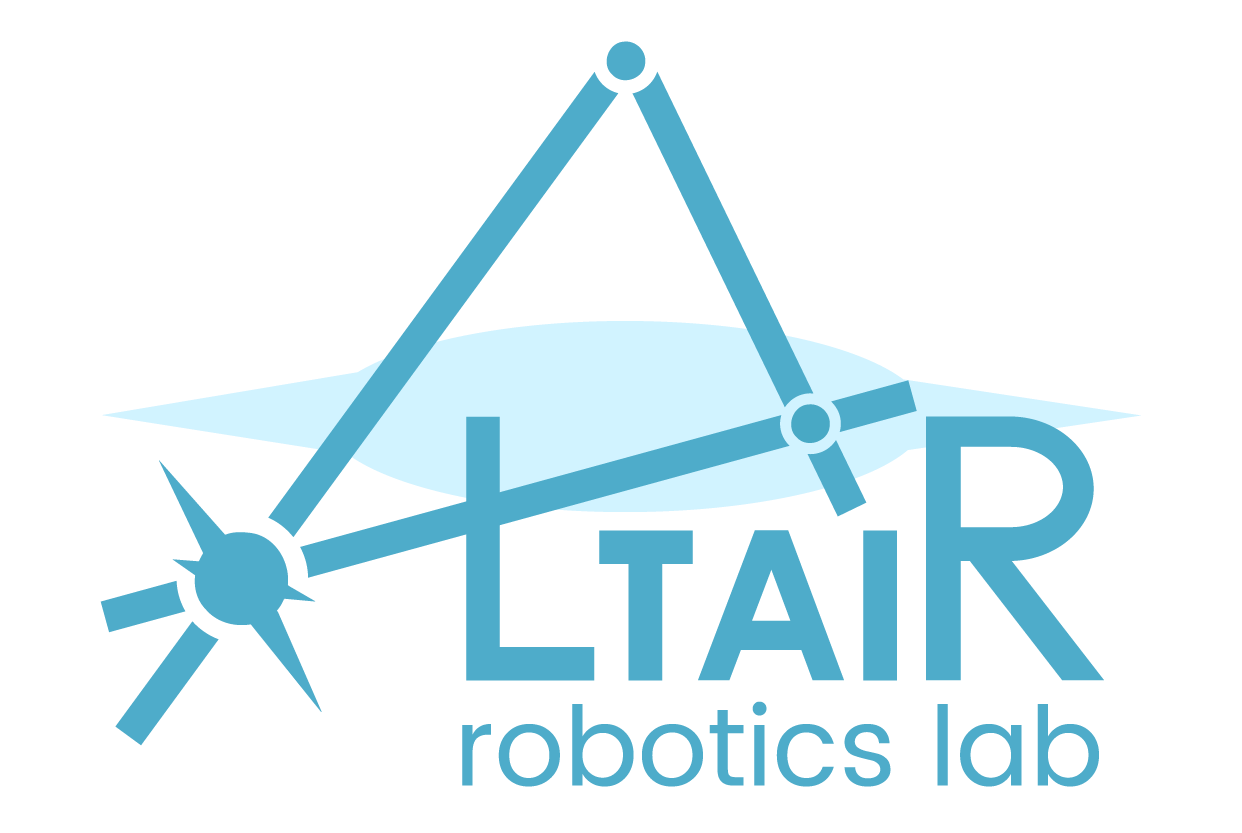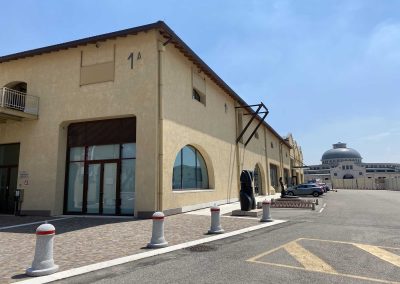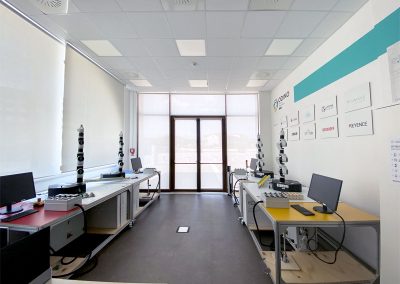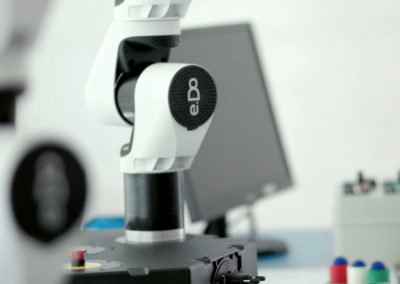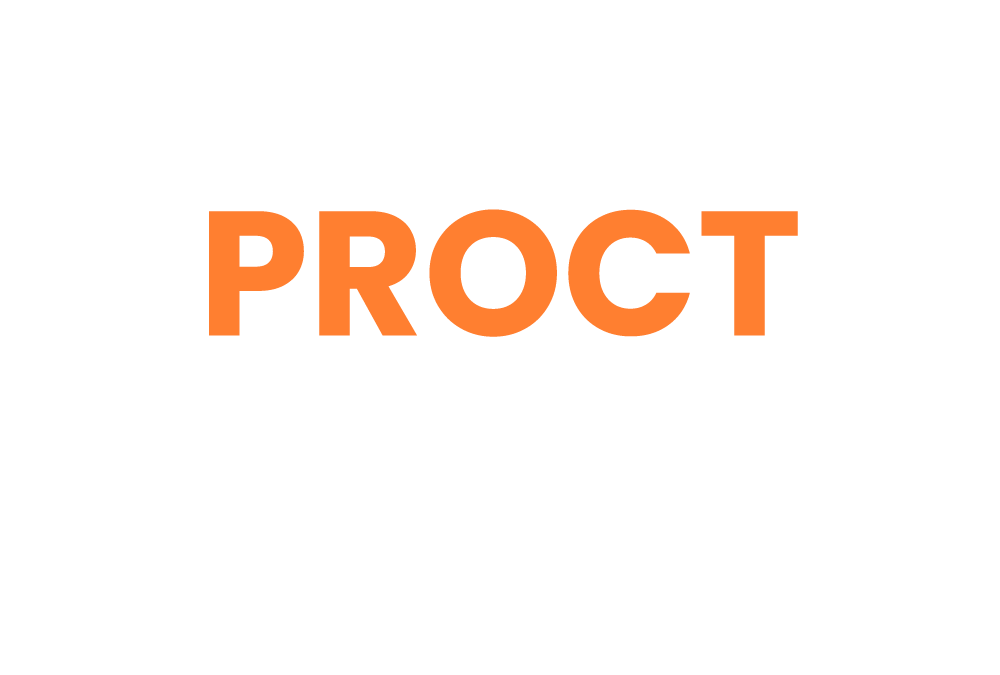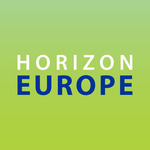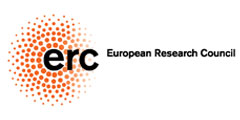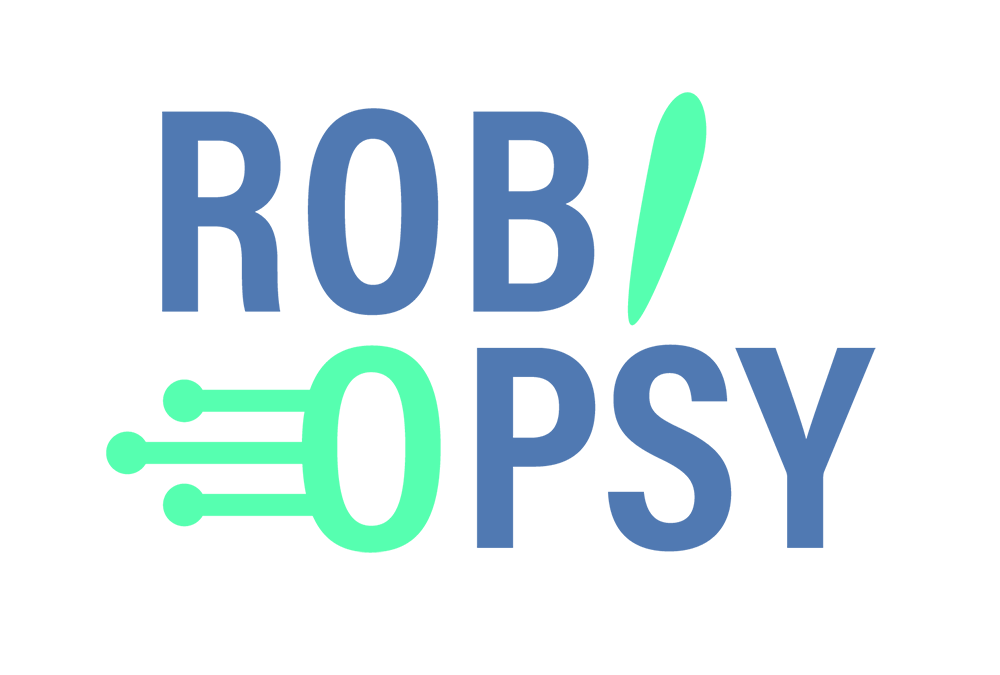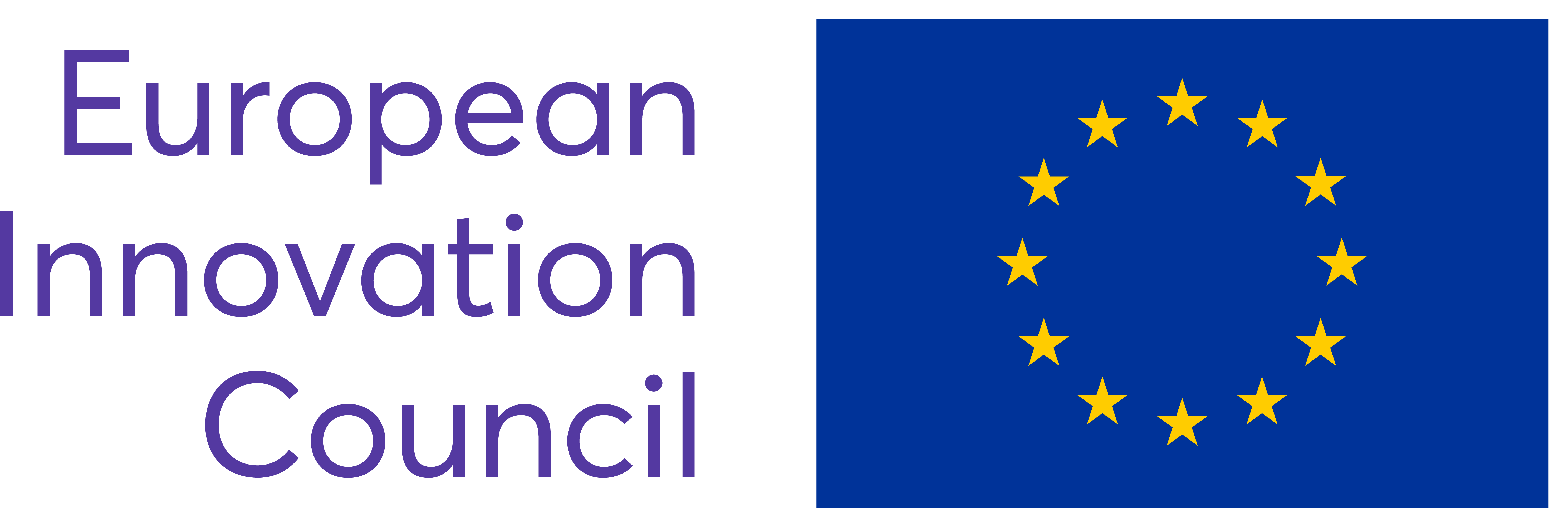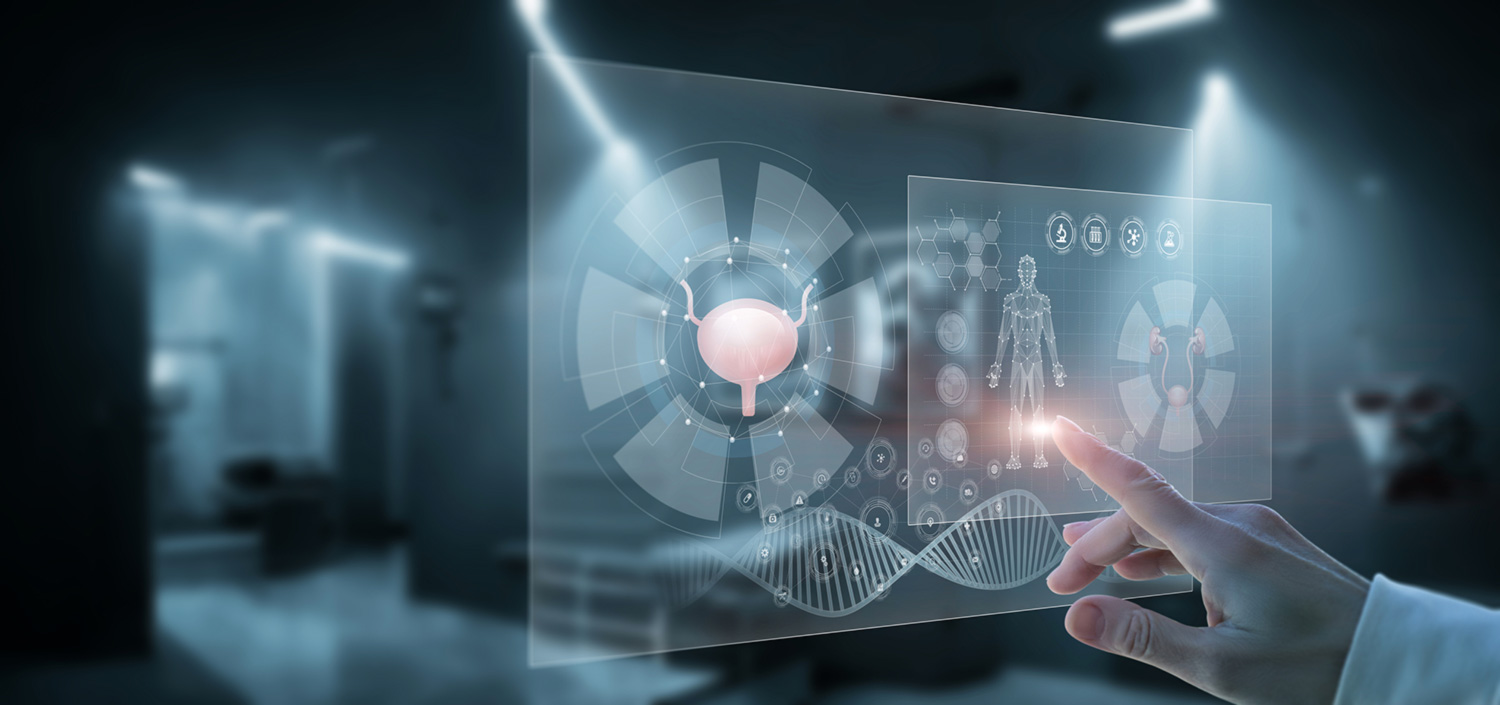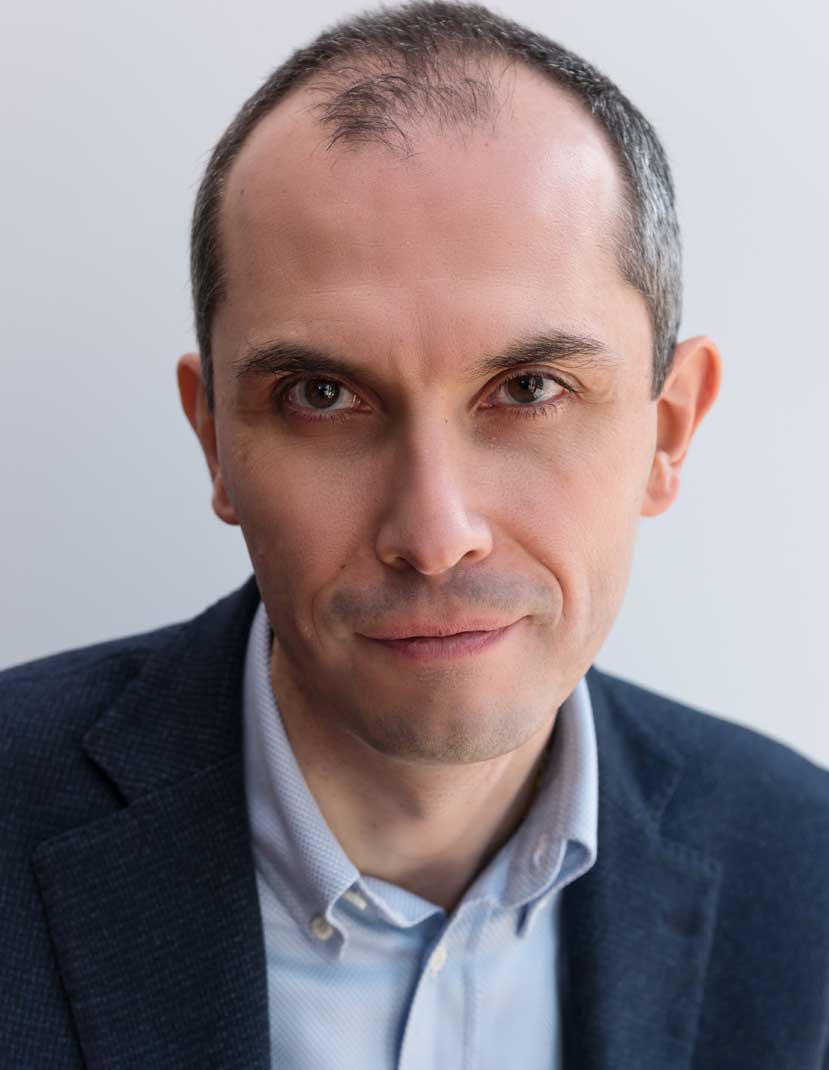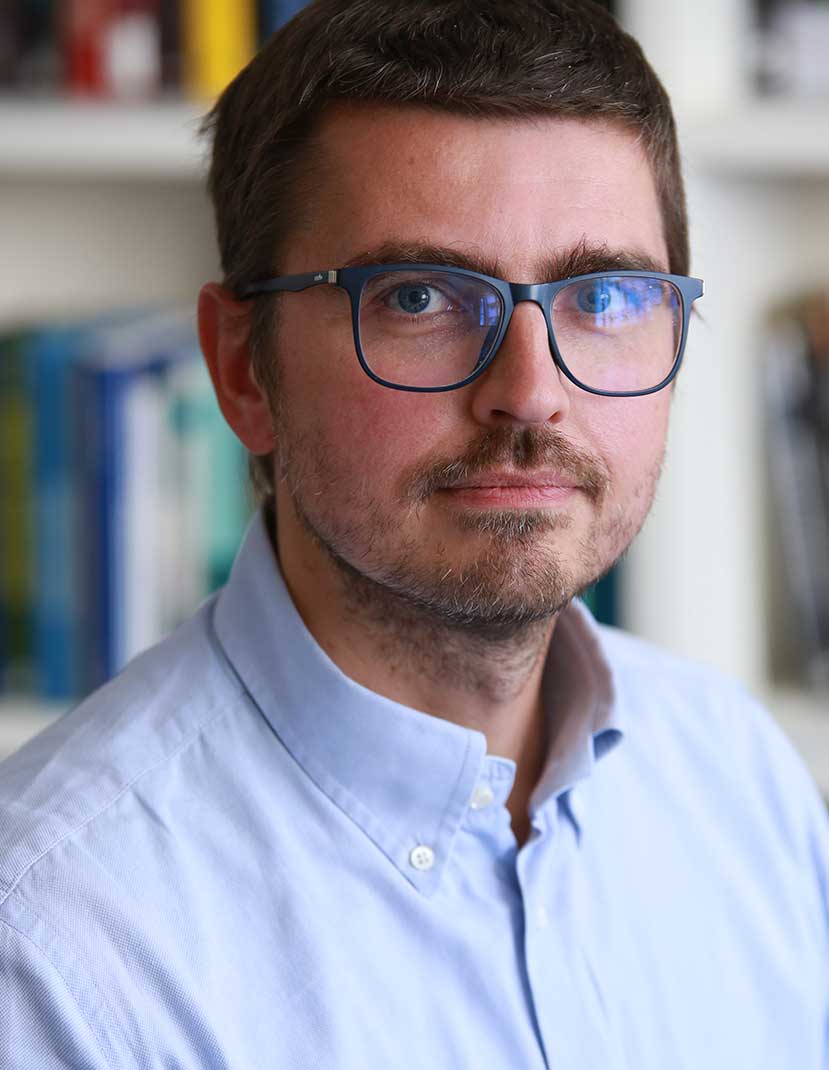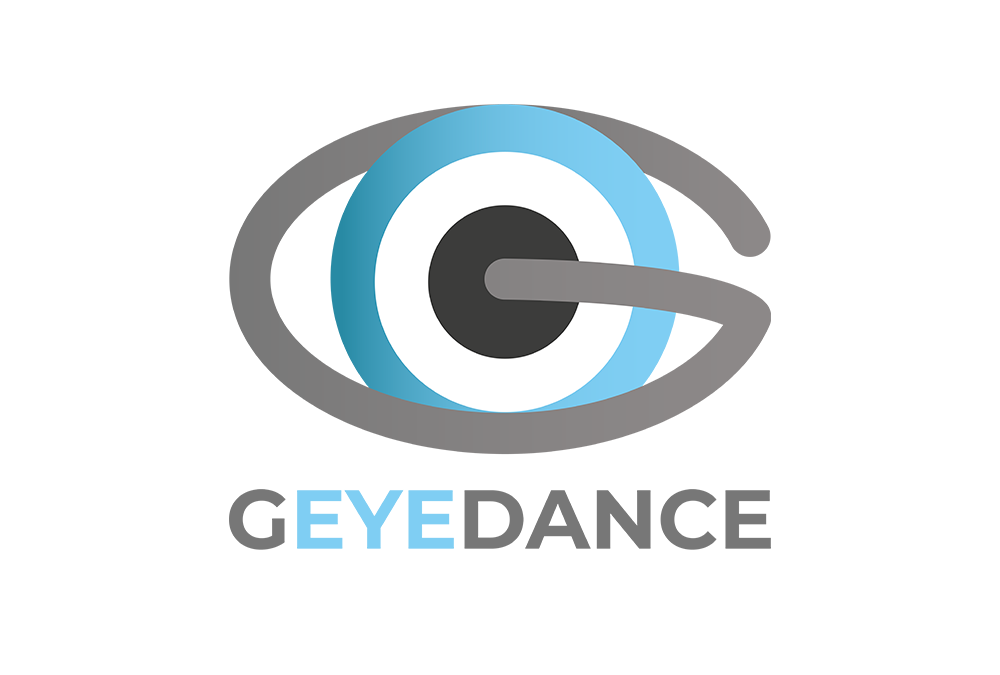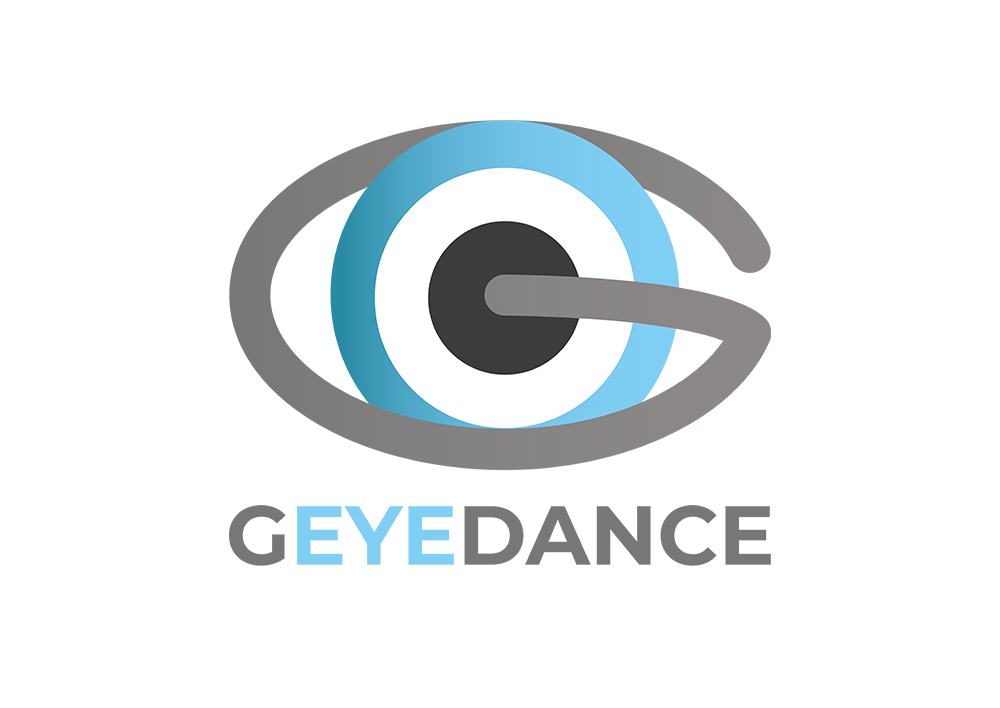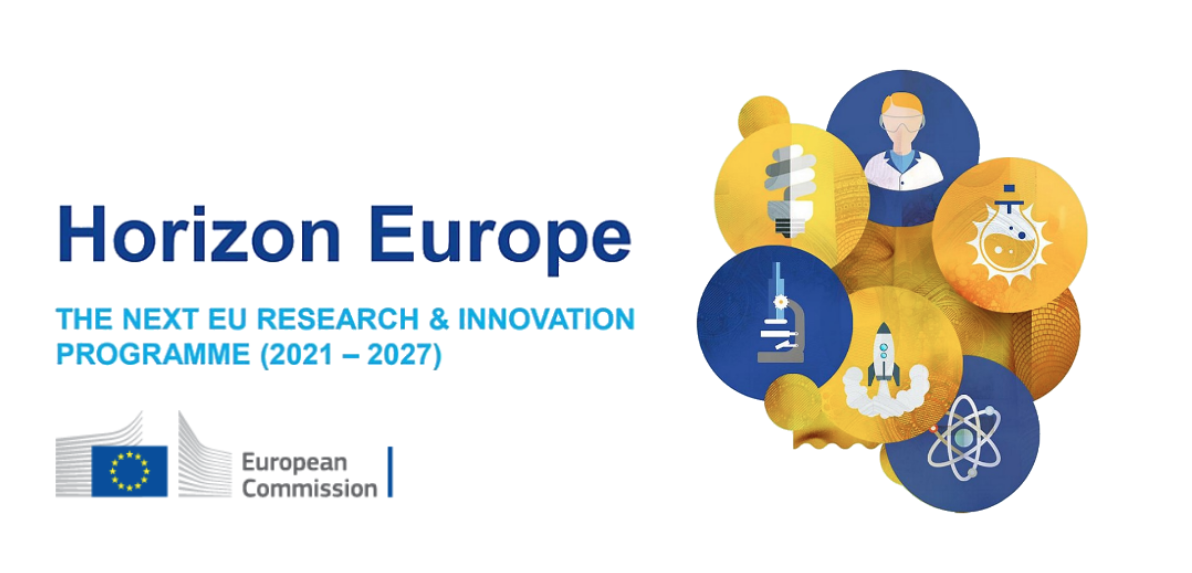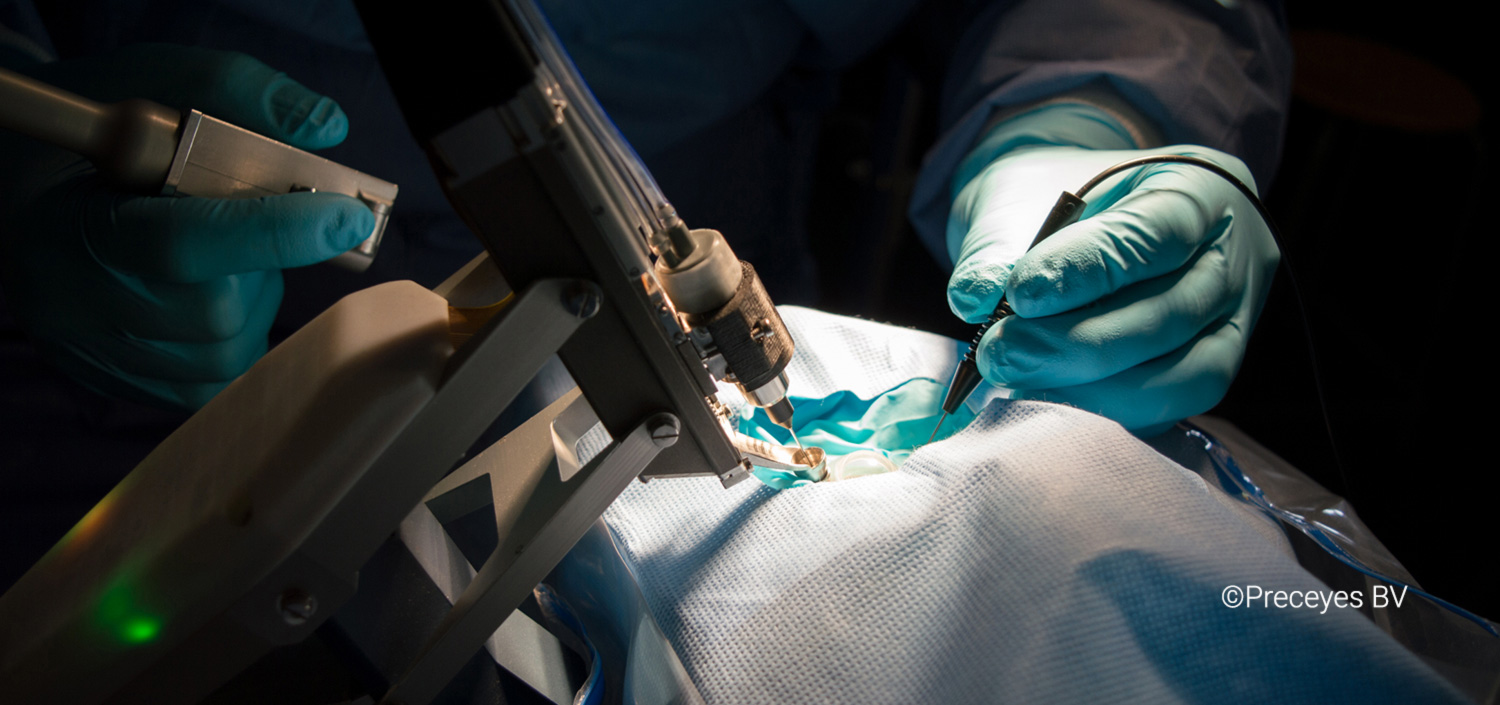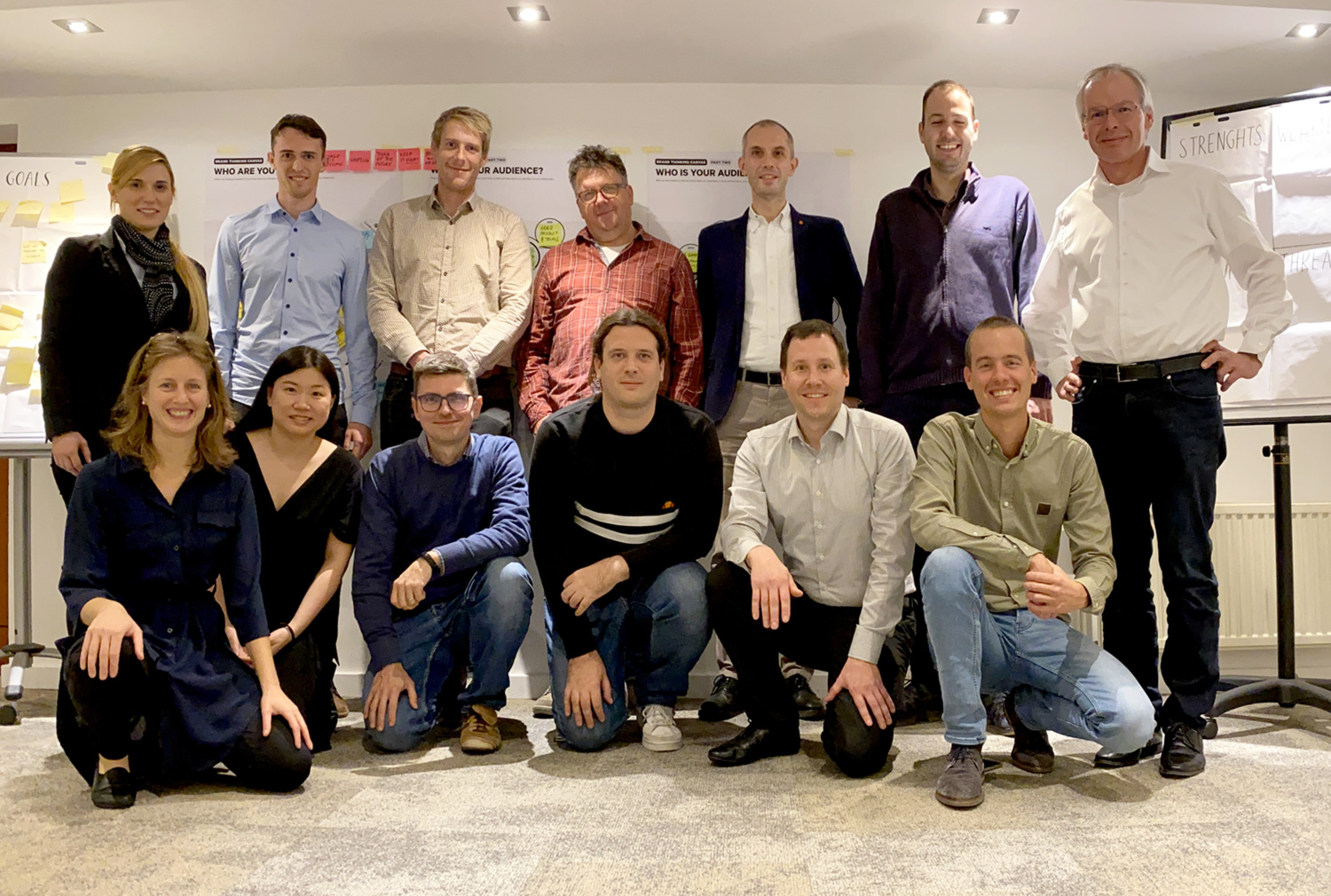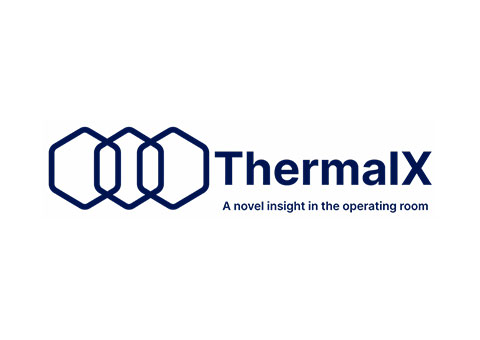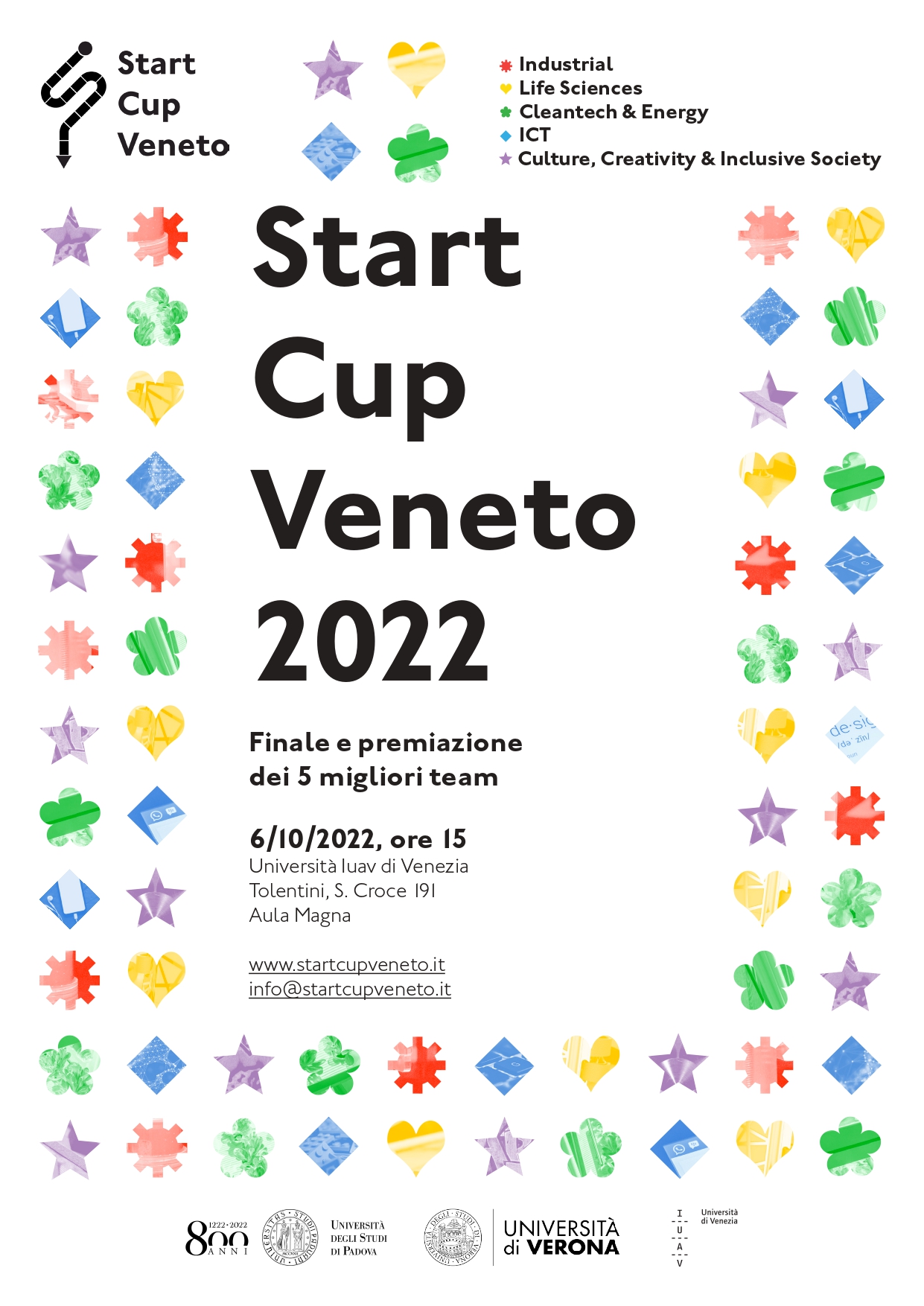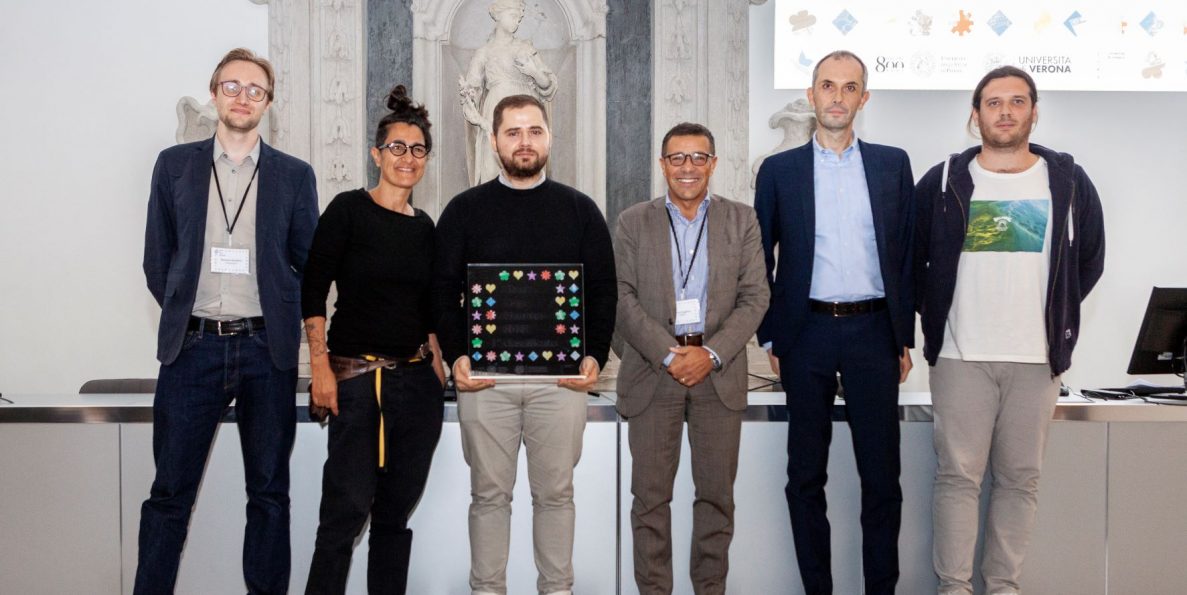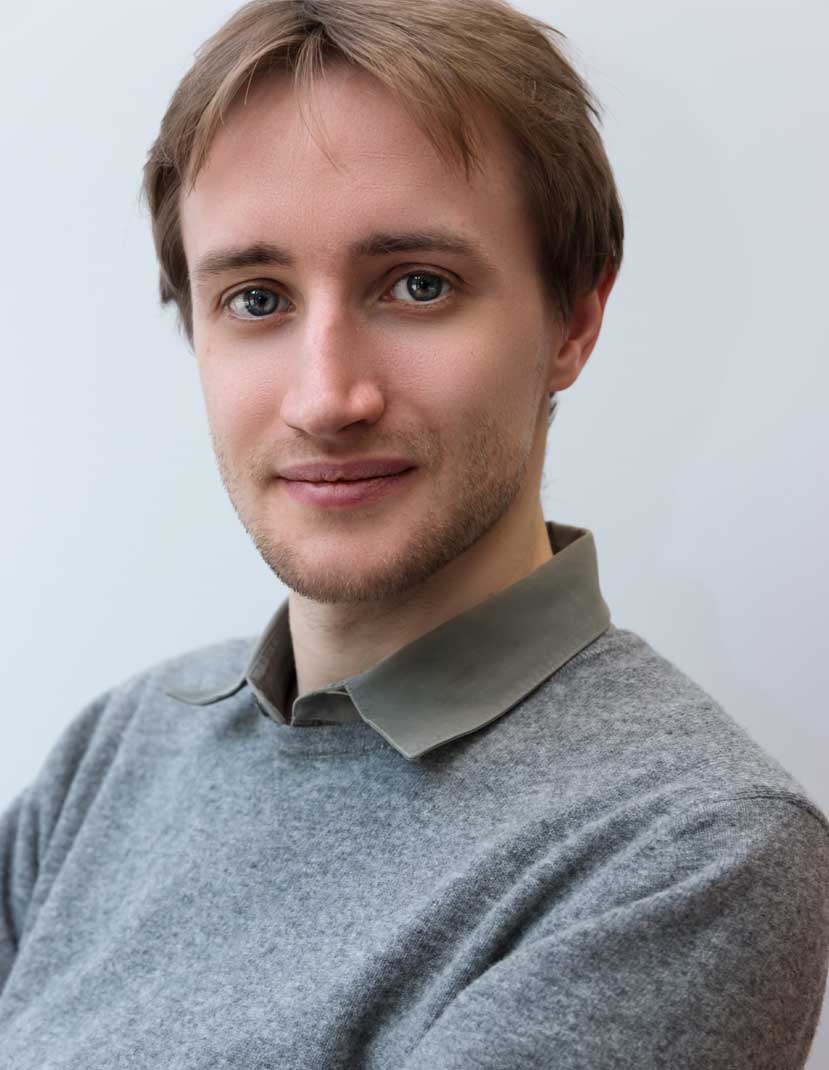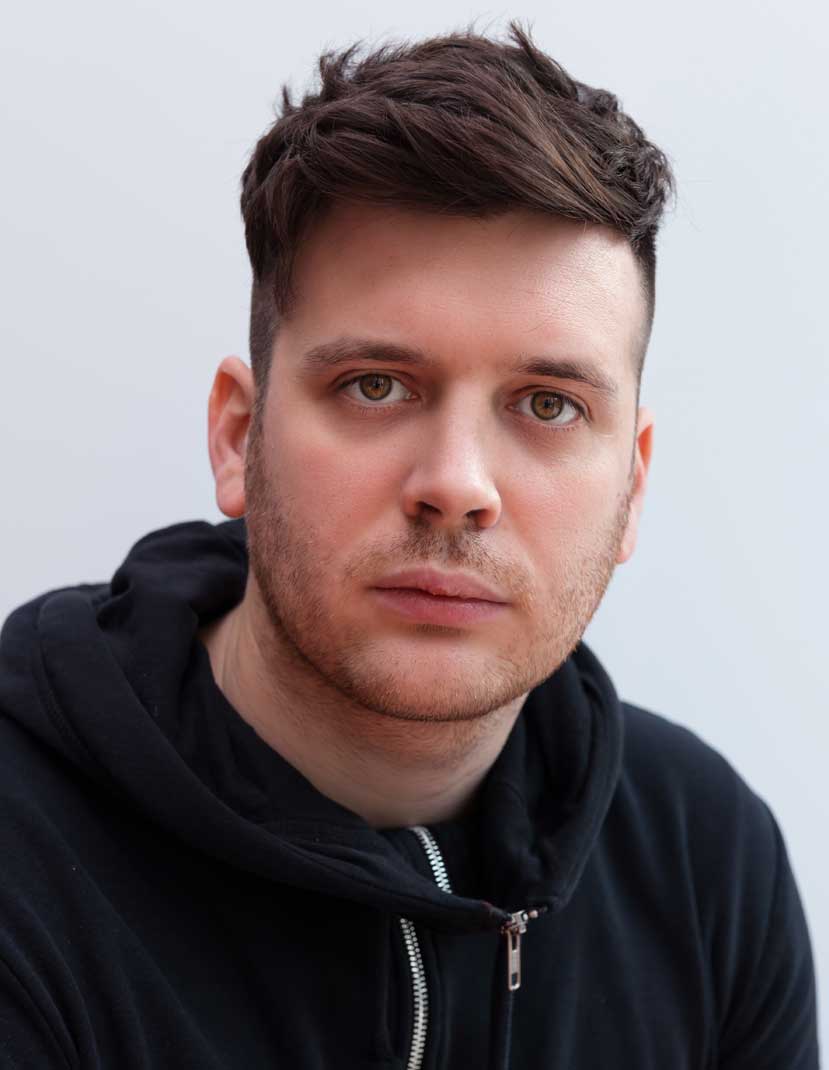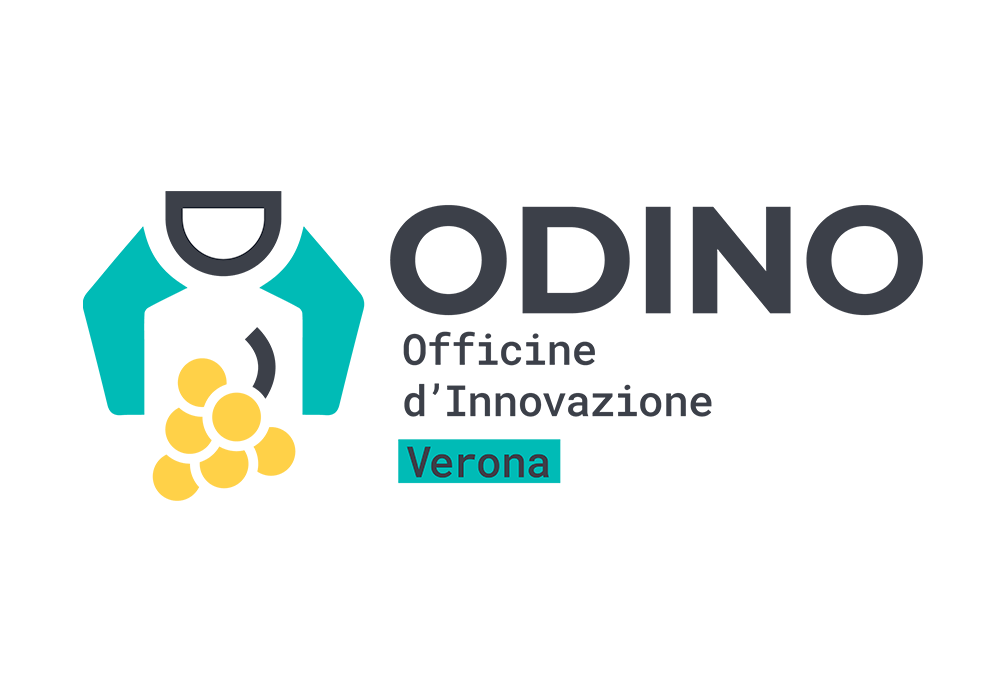
ODINO – Laboratorio di Robotica Educativa
ALTAIR research projects
Laboratorio ODINO
Laboratorio di Robotica educativa e Officina d’Innovazione ODINO Verona
Laboratorio di Robotica ODINO – L’officina di Innovazione di Verona
Il Laboratorio di Robotica ODINO Verona offre formazione di base e specialistica in ambito Industria 4.0 e robotica, favorendo il networking con aziende high-tech e la contaminazione tra giovani appassionati. Ospita al suo interno una linea di produzione completamente automatizzata, riprodotta a scopi formativi. Localizzata presso l’Ex-Mercato generale di Verona (Laboratorio ICE), l’Officina è gestita direttamente dal Dipartimento di Informatica dell’Università di Verona.
Cosa trovi in ODINO? Robot collaborativi, stampa 3D, interazione uomo-macchina avanzata, automazione e catena di montaggio, dimostrazioni e robot in funzione.
Open lab - prenota la tua visita!
L’Officina ODINO Verona apre le porte per cittadini, scuole e futuri studenti. Ci sono tante ragioni per venire a trovarci: per capire se la robotica può far parte del tuo percorso di studi universitari, per fare un’esperienza scuola lavoro e acquisire crediti #PCTO, per organizzare una visita scolastica con la tua classe.
Laboratorio di Robotica ODINO Verona
Via Santa Teresa 12, Verona c/o ICE Lab
verona@progetto-odino.it
Il Laboratorio di Robotica – Officina d’Innovazione ODINO Verona nasce all’interno del progetto “ODINO – Officine d’Innovazione” che ha l’obiettivo di offrire percorsi formativi gratuiti di eccellenza e di auto-imprenditorialità per giovani dai 16 ai 30 anni del territorio veronese.
Il progetto ODINO si sviluppa all’interno di due settori strategici per il territorio: la viticoltura e la robotica per l’industria 4.0.
Le officine di Innovazione ODINO sono luoghi di formazione e apprendimento che rendono possibili incontri di persone, saperi, esperienze e crescita professionale, in relazione costante con i territori in cui sono inseriti: le città di Soave e Verona. L’Officina ODINO Soave detta anche “Scuola del Vino” ha sede presso l’Ex Mulino di Soave, luogo simbolo della città.
ALTAIR projects
Altair research is carried on with the help of EU and Italian grants, discover our research projects!
